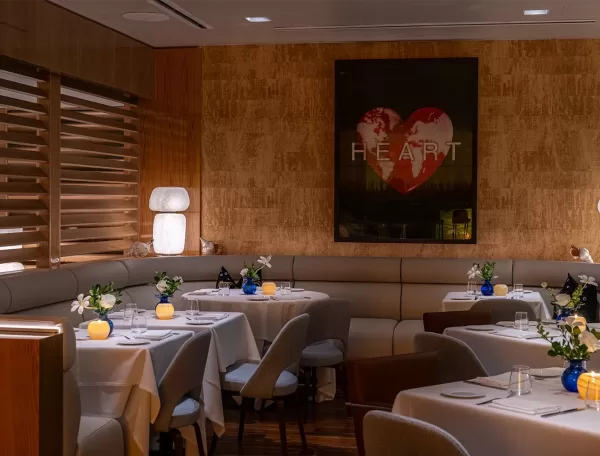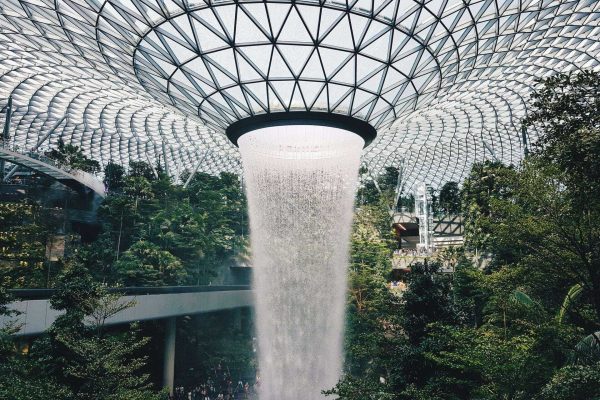If you’re a wine-lover or a collector of fine wines, you may well have encountered the latest wine trend: natural wines. Increasingly, natural wines are appearing on top restaurant lists and in wine shops, as well as in hipster wine bars and small specialists.
In the most basic terms, natural wine is wine with nothing added to it. That means that no artificial fertilisers, herbicides or pesticides are used to grow the vines. No cultivated yeast is added to the grapes in the winery to start fermentation, and no enzymes, acids or sugars are added to the final wine before bottling.
Natural wines can be grown either organically or biodynamically – using a holistic system of agriculture based on phases of the moon. Once the grapes are harvested, natural winemakers take a hands-off approach in the winery.
Grape juice is left to ferment spontaneously, with wild yeast that’s floating in the air. (Many natural wines are fermented with the grape skins and seeds, which gives white wines an orange colour, hence the term ‘orange wine’.) The final wine won’t even be filtered to remove the sediment (dead yeast cells and grape solids) created by fermentation. This philosophy is known as non-interventionist winemaking.
So much for the winemaking science: what does a natural wine actually taste like? If you usually drink conventional wine, it probably won’t taste like anything you’ve tried before. Orange wines, in particular, can taste like cider, with a sour, farmyard note. Often, you’ll notice that they have more texture, due to prolonged skin contact, which is great for food pairing.
It’s difficult to generalise, as natural wines are now made all over the world and from a wide range of grape varieties, but all of them are distinctive and characterful. The best way to learn more is to get stuck into some tasting. Ask staff in a natural wine bar for recommendations. Or pay a visit to RAW Natural Wine Fair in London, NYC, Berlin, Miami and LA, to meet natural winemakers.
Three to try
Josko Gravner, Ribolla Anfora 2008, Friuli-Venezia Giulia, Italy
Orange wine, fermented in clay amphora. Layers of flavour: apples, dried fruit, citrus, floral, spice and nuts. Will age for at least a decade.
£73.76, Winebuyers
Sébastien Riffault, Auksinis Sancerre 2015, Loire, France
An opulent golden Sauvignon Blanc with honeyed aromas of elderflower and grapefruit. On the palate, it’s fresh, mineral and herbal.
£38.69, Tannico
Jauma, Like Raindrops Grenache 2017, McLaren Vale, Australia
A super-fruity berry bomb, with a deliciously silky texture, that’s packed with notes of rose, spice and raspberry.
£24.99, AG Wines
For more information ordering these wines or for pointed guidance on enhancing your wine cellar, please contact Quintessentially’s wine team via Stevie Evans.


